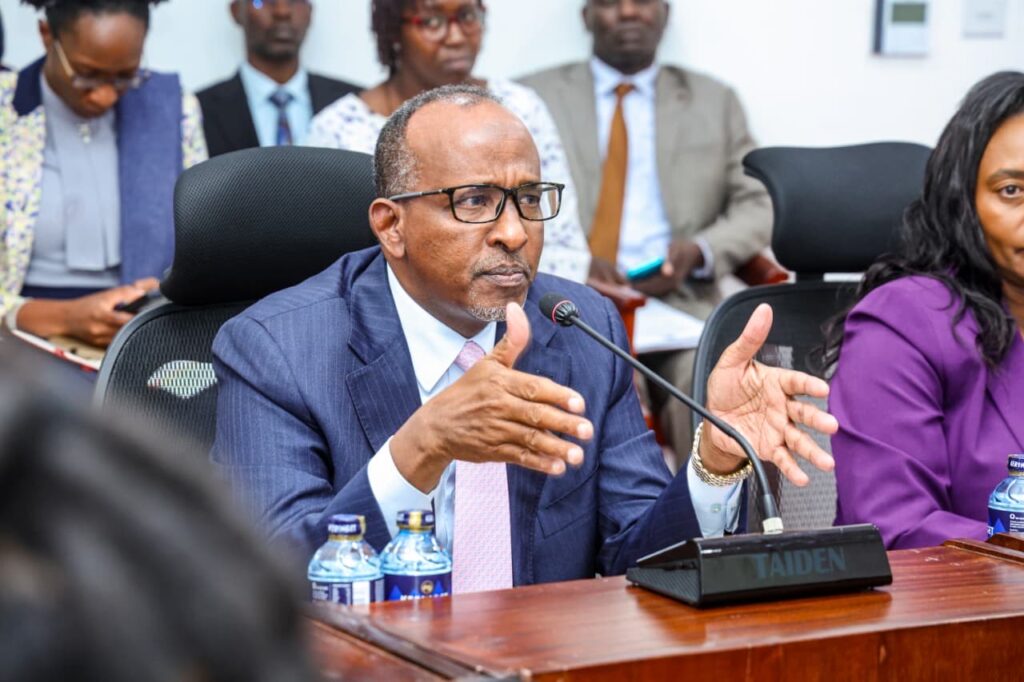The government has renewed its commitment to restoring health and dignity for communities affected by the Kenya Pipeline oil spill into River Thange in Makueni County. The pledge was made during an appearance before the Senate Standing Committee on Energy, where the Ministry of Health provided updates on the implementation of Senate resolutions related to the oil spill.
The Ministry emphasized its ongoing collaboration with relevant stakeholders to develop sustainable and long-term solutions aimed at safeguarding public health and livelihoods in the region. The Cabinet Secretary highlighted the Ministry’s strategic involvement in addressing the aftermath of the oil spillage, focusing on the mitigation of health hazards and environmental degradation.
This renewed commitment follows a joint site visit conducted by the Ministry and the Senate Committee from 1st to 4th May 2025. The purpose of the visit was to evaluate the situation on the ground, interact with affected communities, and review progress on the previously agreed-upon recommendations. This initiative is part of a broader government effort to respond to the socio-economic and health consequences of the oil spill that has significantly impacted local communities.
The Ministry’s delegation during the visit included public health officers, port health experts, environmental health specialists, and administrative and legal staff. Their assessment aimed to ensure that interventions are evidence-based and appropriately targeted to meet the immediate and long-term needs of the affected population.
Accompanying the Cabinet Secretary were senior Ministry officials, including the Principal Secretary for Public Health and Professional Standards, the Director General for Health, and other high-ranking public health officers. Their presence underscored the Ministry’s high-level commitment to resolving the crisis and delivering results that reflect the government’s responsibility toward its citizens.
The government has pledged continued action to monitor health risks, provide medical support, and implement preventive measures in the region. Through this multi-sectoral approach, authorities aim to not only address the present crisis but also establish a robust framework to prevent similar incidents in the future.
These efforts signal a strong stance from the government to prioritize environmental health and reinforce public trust in national disaster response mechanisms.

